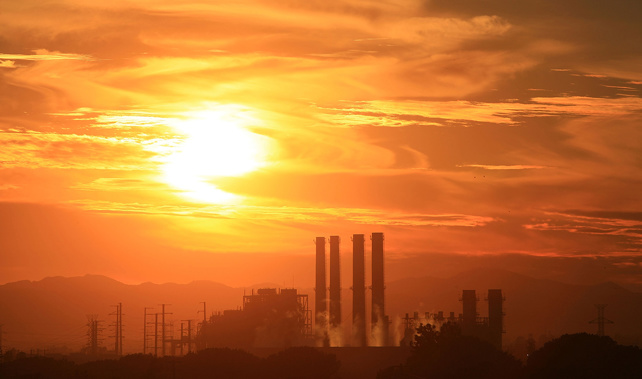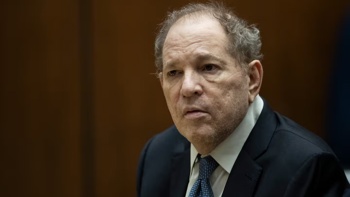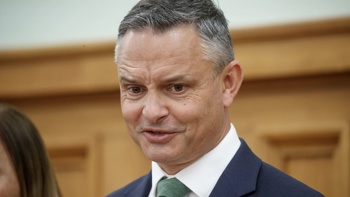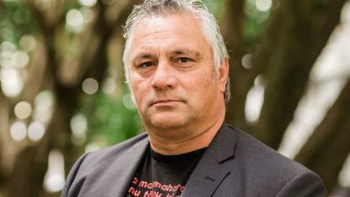
Two international reports have slated New Zealand's climate change efforts as UN negotiations in Paris ramp up in their final week.
European research organisation Germanwatch has ranked New Zealand 42nd for its climate efforts, with a score of 52 per cent and down from 34th the previous year.
The report ranked developed and newly industrialised countries against a range of indicators, including carbon emissions, development of renewable energies and climate policy.
New Zealand has brought to Paris a new target of reducing its greenhouse gas emissions by 30 per cent from 2005 levels and 11 per cent from 1990 levels by 2030.
Joining it in the "poor" category of the league table were China, Brazil, Spain and the United States. Denmark, Sweden and the UK were the best rated and Australia, Saudi Arabia and Kazakhstan were the worst.
The Green Party and WWF New Zealand have already hit out at the Government over the ranking.
"It's frustrating enough that we've dropped seven places in a highly regarded report; what's worse is New Zealand is now ranked in the bottom five countries globally for overall climate policy," Greens co-leader Metiria Turei said.
WWF head of campaigns Peter Hardstaff accused the Government of a lack of action over the past six years and being "stuck in the last century" over climate action.
"New Zealand needs to start grasping the opportunities that exist to reduce emissions across transport, electricity generation, industry, forestry and agriculture."
Meanwhile, global Climate Action Tracker, which measured nearly 160 commitments by countries to lower emissions, rated New Zealand's pledge as "inadequate".
The analysis found that if all countries met their pledges, this would result in around 2.7C of temperature rise by 2100, higher than the warming limit of 2C agreed at the UN climate conference in 2010, and higher still than a 1.5C cap being called for by Pacific nations.
However, the report authors found, if governments who submitted a conditional target were to have their conditions met, and increased their climate action accordingly, and if those who planned to build new coal plants were to cancel them, the gap could be reduced substantially.
"Looking at the conditional climate pledges, it's clear that governments have already identified the potential for further mitigation and this could substantially contribute to closing the emissions gap by around 15 per cent," said Dr Louise Jeffery, of the Potsdam Institute for Climate Impact Research.
The Paris talks, which aim to produce a new agreement by 196 countries to cut emissions beyond 2020, are expected to wrap up by the weekend.
By Jamie Morton, science reporter for the New Zealand Herald
Take your Radio, Podcasts and Music with you









